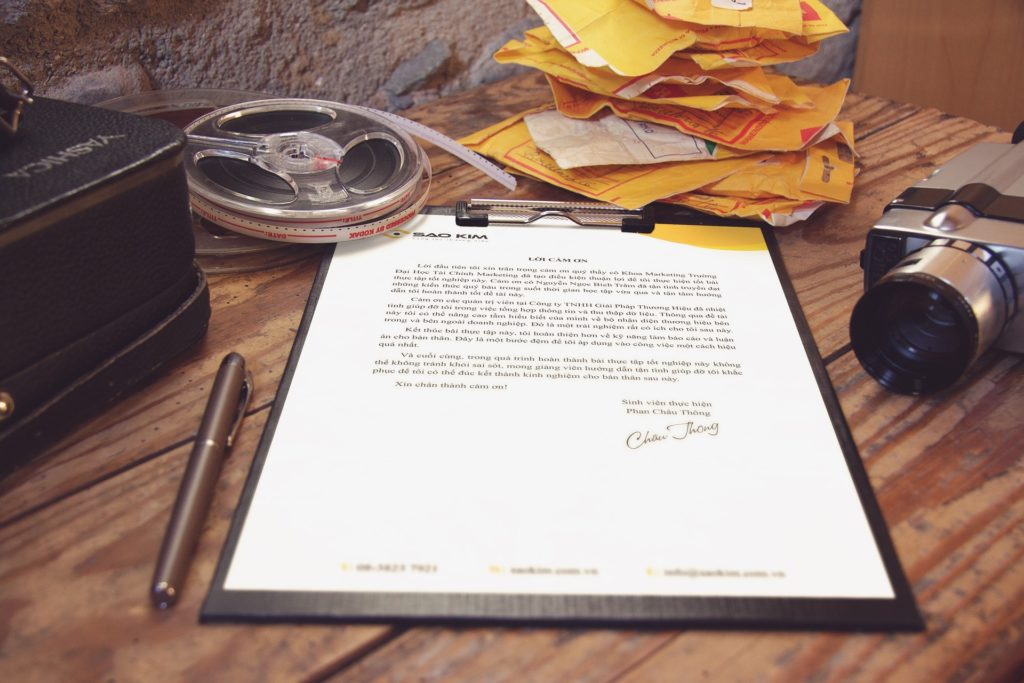What’s mine ain’t yours
This week, a classical music round-up email informed me a few days ago, the streaming service Grammofy is to shut down due to the financial difficulties of keeping its product – which was a set-up which sought to be ‘fair and respectful of the content and its creators’ – afloat. This was doubly news to me, because I had in fact never previously heard of Grammofy, which was launched last May, and was a specialist classical streaming service. But I confess myself unsurprised that it has not been able to contend. With Spotify, Apple Music and Google Music taking the lion’s share of such business, it must be a seriously tricky field. And as an educator, Spotify is a service that I make use of every week, knowing that my students are most likely to already have a free subscription, which provides a great way of sharing playlists from lectures and encouraging wider listening.
Copyright is a thorny problem, a tricky business, and a baffling concept to many of my younger students, raised in a web-based world in which the free sharing and distribution of material – print, media, etc. – is both standard practice and often contravenes copyright anyway (just look at YouTube). I have found myself having plagiarism conversations with undergraduates more than once over the past few years, and in more than one instance, plagiarism has been the result not of a flagrant and malicious disregard for the rules, but a simple lack of understanding as to why this should matter, when they observe such behaviour on a daily basis online. What, after all, is Wikipedia if it is not the handing over of authorial independence and power to a greater community? We aren’t told who writes the articles, they are multi-authored anyway, and no one gets a penny for providing them with content. Plus the referencing is often extremely haphazard and incomplete. So how is this a problem?

The whole scenario is made even more laughable, academically speaking, when you consider that the overwhelming majority of scholars are asked to give away their copyright when they publish their findings. From journal application forms to book contracts, it is wholly expected that you will simply hand your rights over to the publishing house. Not only does this generally entitle you to no royalties and no further control of the material; it can also result in your having to pay the publishing house in order to share and distribute something you wrote yourself. There are great efforts currently being made to reform this process, so that scholars do not have to relinquish what is rightfully theirs to claim, whilst also making important information available without the need to scale mighty paywalls.
Copyright law is complex, clunky, still catching up with digital developments and hard to get a handle on. So here are a couple of things it’s worth bearing in mind:
- If you want to use someone else’s work, check the facts. This is the most straightforward way of determining whether it’s an easy or complex task to get hold of copyright.
- If things aren’t clear, contact the author(s). Most people who make things are delighted to share them, but want to do so fairly. So they might well be able to help.
- If you are making content yourself and are happy to let others use or even change what you’ve made, consider a Creative Commons licence. This will allow you to set terms whilst allowing free access to others.
- And if you are making something yourself and want to make sure it’s protected, stand up for it. Use organisations to help you (Musicians’ Union, ISM, Society of Authors, etc.) and make sure you understand the rights you have and what you may or may not choose to sign away. Academic publishers will usually expect you to hand copyright over to them but it is not impossible to negotiate and you should never be made to feel that it is expected of you to give it up in order to get published. There is always another way.
P.S. One of the most profound and frequent copyright breaches I see in my day-to-day work is of translators’ copyright. Song texts don’t just magically appear in the vernacular without someone having an input, and neither do novels or non-fiction texts. Remember the person who sweated to wrangle those words into your language, and acknowledge them. They too have a right to be credited and frankly, our ability to communicate internationally – in life as well as art – would be seriously curtailed without them.

